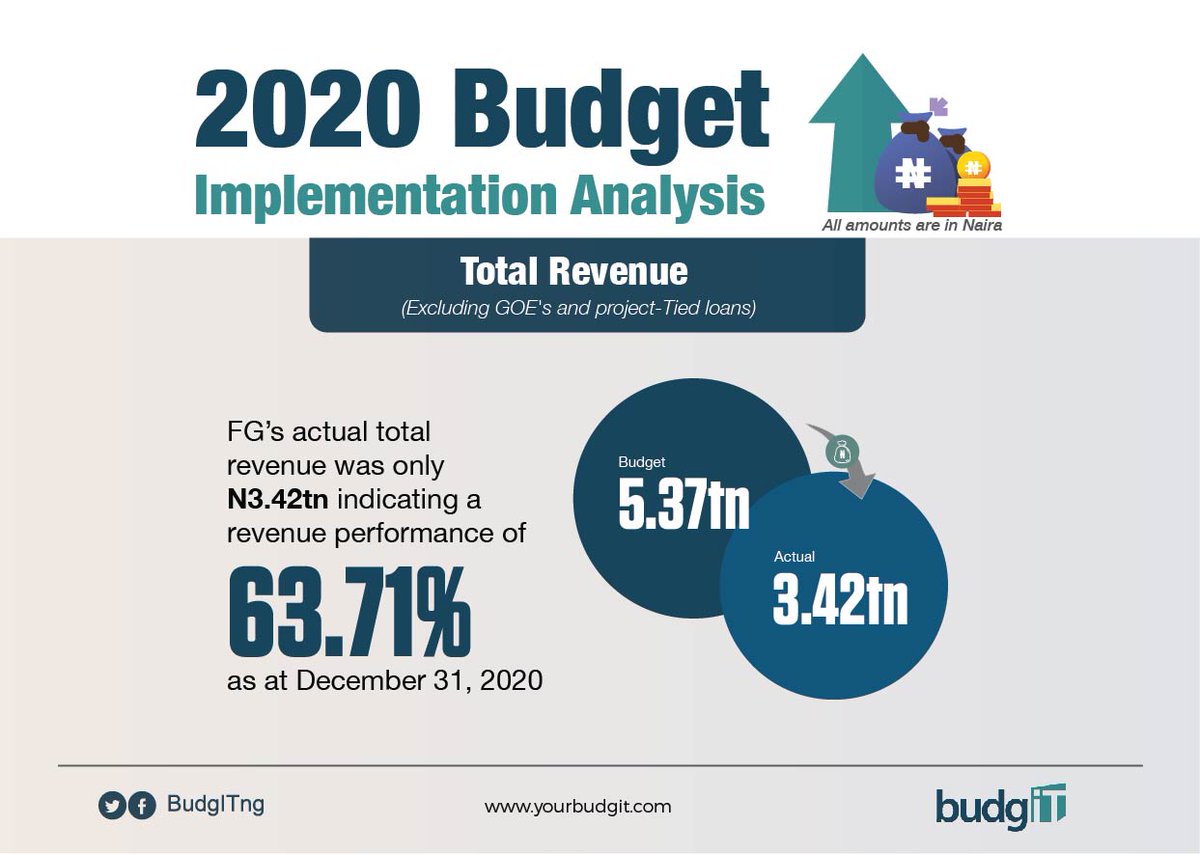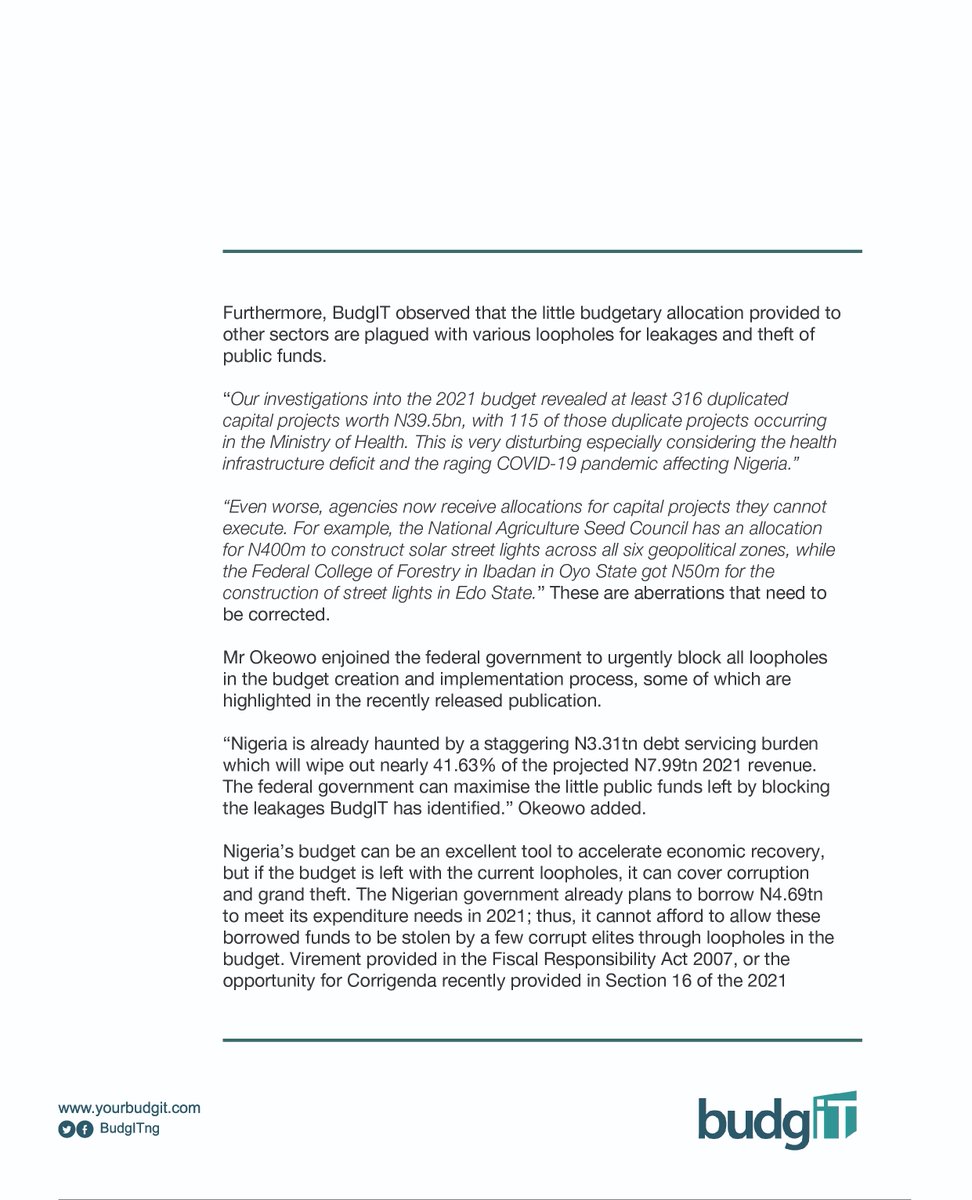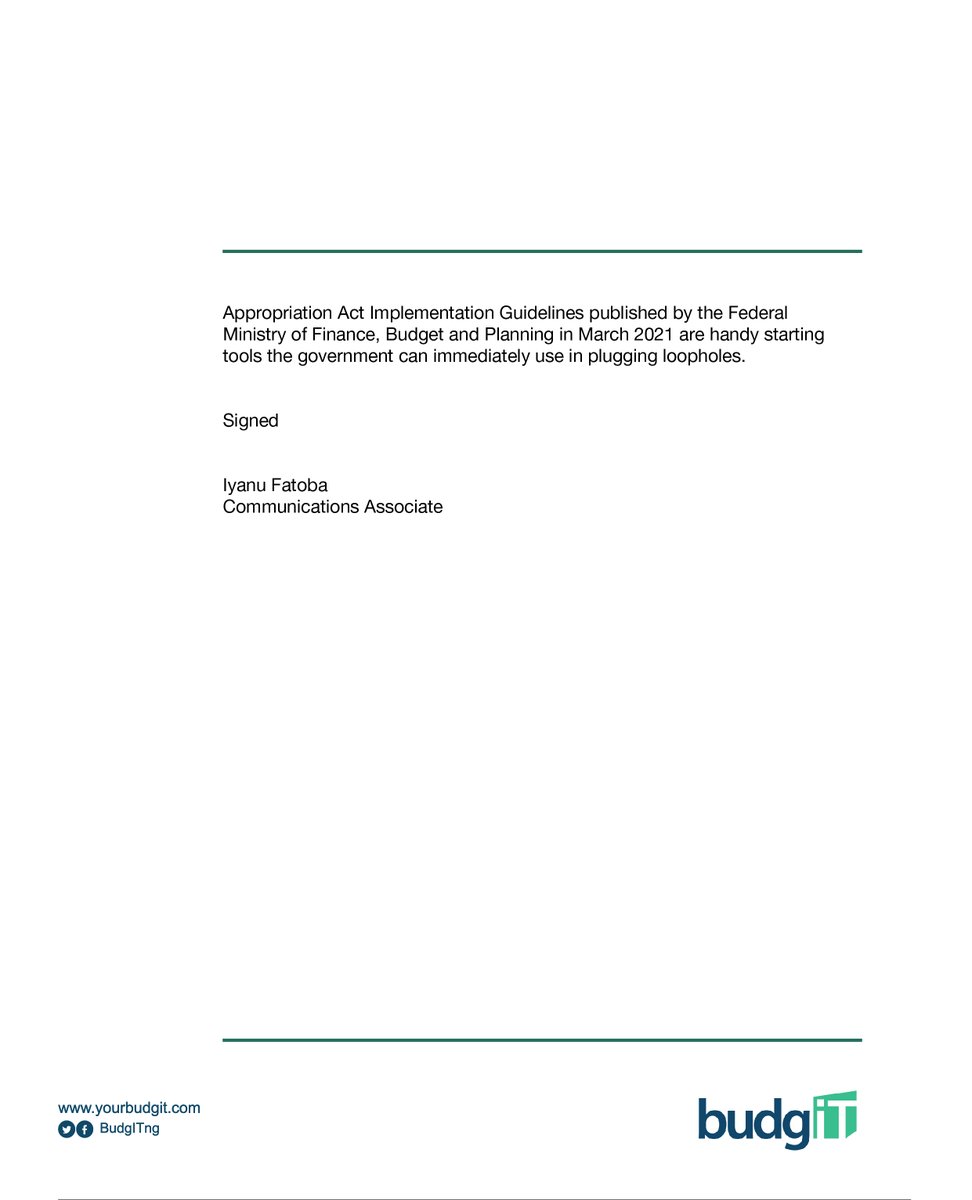
THREAD
Here are 10 key highlights you should note about the Petroleum Industry Bill #PIB, as passed by @HouseNGR on July 1, 2021.
1. NNPC ltd will carry out petroleum operations on a commercial basis, comparable to private companies in Nigeria carrying out similar activities.
Here are 10 key highlights you should note about the Petroleum Industry Bill #PIB, as passed by @HouseNGR on July 1, 2021.
1. NNPC ltd will carry out petroleum operations on a commercial basis, comparable to private companies in Nigeria carrying out similar activities.

2. Ownership of all shares in NNPC Limited shall be vested in the Government at incorporation and held by the Ministry of Finance Incorporated and the Ministry of Petroleum Incorporated in equal portions on behalf of the Federation.
3. The Ministry of Petroleum Incorporated is hereby incorporated pursuant to the provisions of the Eighth Schedule.
4. NNPC Limited to be vested as the concessionaire of all Production Sharing Contracts (PSC) as the National oil company on behalf of the Federation in line with its competencies.
5. 30% of the profit from crude oil for petroleum mining leases selected pursuant to sections 93(6)(b) and 93(7)(b) of this Bill with respect to onshore and shallow water areas.
6. 15% of the profit from crude oil for onshore and shallow water areas and for petroleum prospecting licenses selected pursuant to sections 93(6)(a) and 93(7)(a) of this Bill.
7. The royalty shall be at a rate per centum of the chargeable volume of the crude oil and condensates produced from the field area in the relevant month on a terrain basis as follows:
a) onshore areas: 15% (b) shallow water (up to 200m water depth): 12.5% c) deep offshore (greater than 200m water depth): 7.5% (d) frontier basins: 7.5%
8. Sources of Funding for Petroleum Host Communities Development Trust include:
a. Annual contributions of an amount equal to 5% of its actual operating expenditure in the immediately preceding calendar year in the upstream and 2% in the midstream and downstream...
a. Annual contributions of an amount equal to 5% of its actual operating expenditure in the immediately preceding calendar year in the upstream and 2% in the midstream and downstream...
...in respect of all petroleum operations affecting the host communities.
b. Donations, gifts, grants, or honoraria
c. Profits and interest accruing to the reserve fund
b. Donations, gifts, grants, or honoraria
c. Profits and interest accruing to the reserve fund
9.The settlor shall, in consultation with the Host Communities, determine the membership of the Board of Trustees to include persons of high integrity and professional standing, who shall come from the host communities.
10. Likewise, the Members of the Board of Trustees shall elect a Chairman from amongst themselves.
• • •
Missing some Tweet in this thread? You can try to
force a refresh






















